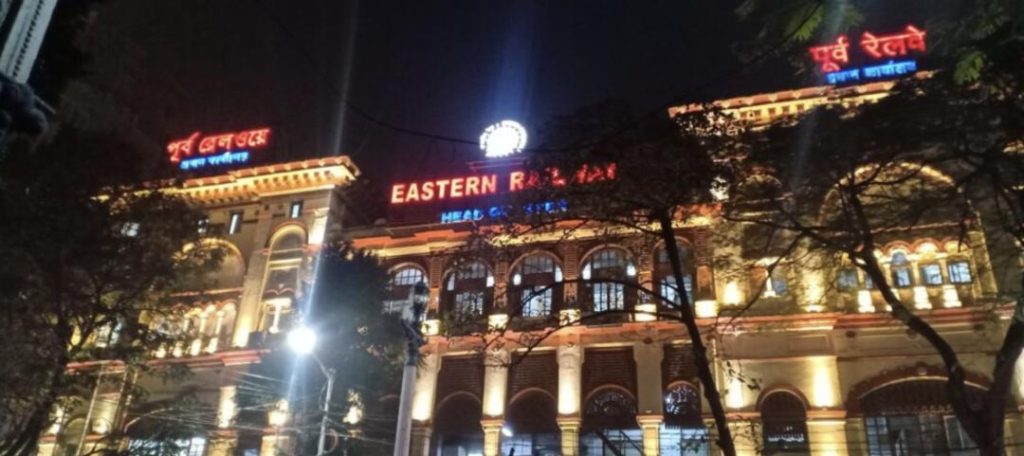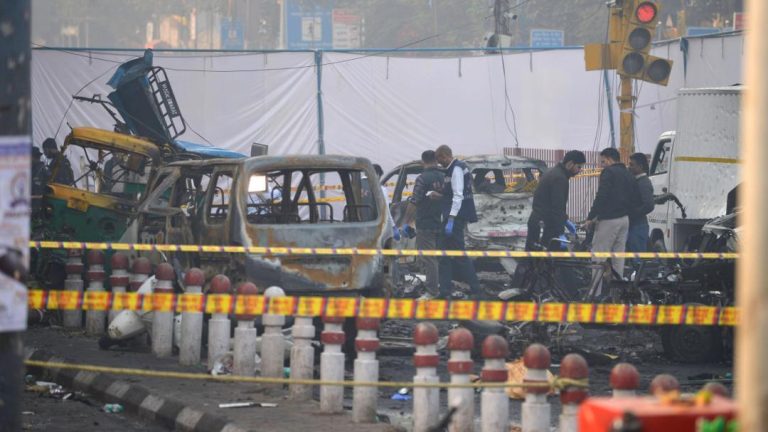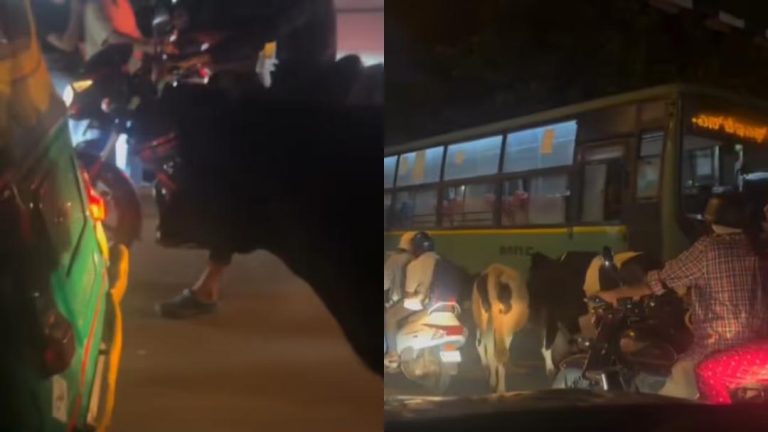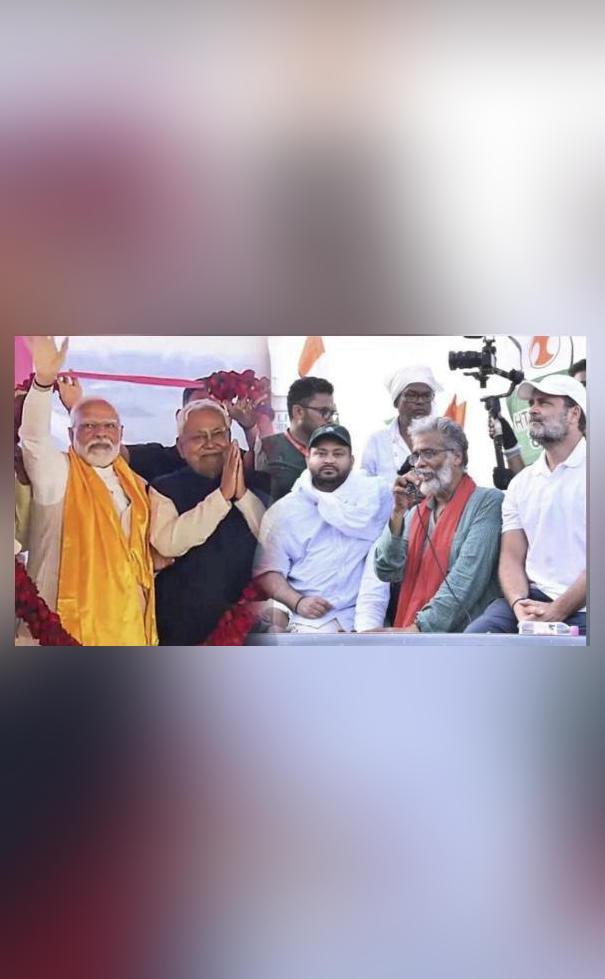
Eastern Railway Bans YouTubers from Making Videos: A Blow to Vloggers and a Shot in the Arm for National Security
In a recent development that has sent shockwaves across the Indian vlogging community, the Eastern Railways has issued a strict warning to bloggers and YouTubers against filming or photographing stations, citing national security concerns. This sudden move has left many wondering what led to this drastic measure, and what implications it will have on the digital content creation landscape.
The decision comes on the heels of the arrest of a Haryana-based YouTuber, Jyoti Malhotra, who was accused of allegedly sharing sensitive data with Pakistani operatives. The authorities have long been concerned about the misuse of content at sensitive railway locations, and this latest incident has prompted them to take drastic measures to prevent any further breaches.
According to sources, the Eastern Railways has issued a circular to all its stations, instructing them to restrict access to vloggers and YouTubers. The circular states that any individual found violating this rule will be prosecuted under the relevant laws. This move has left many vloggers and YouTubers in a state of uncertainty, as they are no longer able to create content at railway stations, which were previously a popular location for vlogs.
The ban has been met with widespread criticism from the digital content creation community, with many arguing that it is an overreach by the authorities. They point out that the vast majority of vloggers and YouTubers are harmless and do not pose a threat to national security. They argue that by restricting their access to railway stations, the authorities are stifling creativity and freedom of expression.
On the other hand, the authorities are adamant that the ban is necessary to prevent any further breaches of national security. They point out that the recent arrest of the Haryana-based YouTuber is a stark reminder of the dangers posed by social media platforms. They argue that the ban is a necessary step to prevent any further misuse of content at sensitive locations.
The ban has also raised questions about the impact it will have on the economy. Many vloggers and YouTubers make a living by creating content and monetizing it through advertisements and sponsorships. The ban will likely have a significant impact on their income, and could even lead to job losses.
In recent years, the Indian government has been cracking down on social media platforms to prevent the spread of fake news and propaganda. The ban on vloggers and YouTubers is seen as a further step in this direction. The authorities are increasing surveillance and reaffirming media restrictions to prevent misuse of content at sensitive railway locations.
The ban has also raised questions about the definition of national security. What constitutes a national security threat? Is it limited to sharing sensitive information with foreign operatives, or does it extend to sharing information that could be used to compromise national security? The ban has left many wondering about the scope of this definition, and what implications it will have for the digital content creation landscape.
In conclusion, the ban on vloggers and YouTubers by the Eastern Railways is a significant development that has sent shockwaves across the digital content creation community. While the authorities are adamant that the ban is necessary to prevent any further breaches of national security, many are criticizing the move as an overreach. The implications of this ban are far-reaching, and will likely have a significant impact on the economy and the digital content creation landscape.
Source: https://trak.in/stories/eastern-railways-ban-youtubers-from-making-videos/






